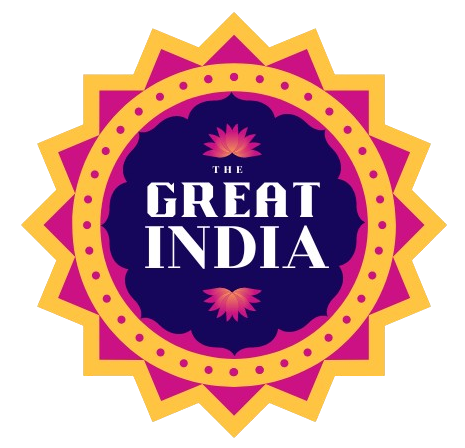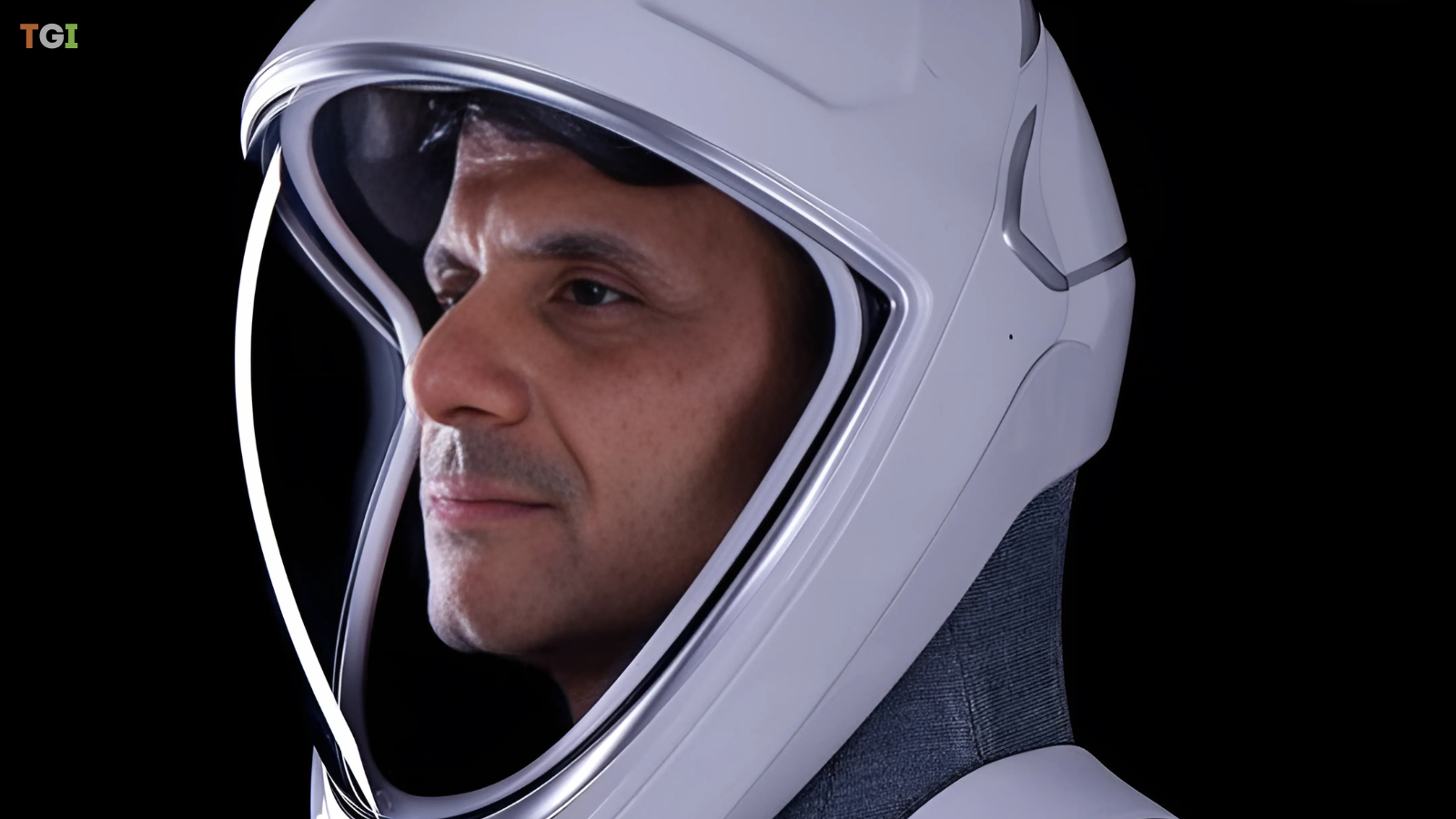Group Captain Shubhanshu Shukla has etched his name in India’s space history. On June 25, 2025, he became the first Indian astronaut to journey to the International Space Station (ISS) aboard the Axiom-4 mission, launched from NASA’s Kennedy Space Center in Florida. His heartfelt message from space—“My dear countrymen, what a journey!”—captured the pride of a nation, marking India’s return to human spaceflight after 41 years. This article celebrates Shubhanshu Shukla’s remarkable achievement and its significance for India’s space ambitions.
A Dream Takes Flight
Born on October 10, 1985, in Lucknow, Uttar Pradesh, Shubhanshu Shukla grew up inspired by Wing Commander Rakesh Sharma, India’s first astronaut in 1984. A graduate of the National Defence Academy, Shukla joined the Indian Air Force (IAF) in 2006 as a fighter pilot. With over 2,000 hours of flight experience on aircraft like the Su-30 MKI and MiG-21, he rose to the rank of Group Captain in 2024. His selection for the Axiom-4 mission, a collaboration between NASA, ISRO, and Axiom Space, followed rigorous training at NASA’s Johnson Space Center.
Shukla’s journey wasn’t planned. His sister, Shuchi Mishra, shared with the BBC that he applied to the NDA on a whim after a friend couldn’t use the form. Yet, his passion for flight and service led him to this historic moment.
The Axiom-4 Mission: A Global Endeavor
The Axiom-4 mission, launched at 12:01 PM IST on June 25, 2025, aboard SpaceX’s Falcon 9 rocket and Crew Dragon capsule, carried Shubhanshu Shukla and three other astronauts: NASA’s Peggy Whitson (commander), Poland’s Sławosz Uznański-Wiśniewski, and Hungary’s Tibor Kapu. The crew docked with the ISS after a 28-hour journey, set to conduct over 60 scientific experiments during their 14-day stay.
Shukla’s role includes seven Indian experiments, advancing research on human health and space conditions. ISRO Chairman V Narayanan emphasized the mission’s value for India’s Gaganyaan program, which aims to send astronauts to low Earth orbit by 2026. The mission, costing ISRO approximately ₹500 crore for Shukla’s seat, strengthens India’s global space collaboration.
A Personal Touch Amid the Stars
Before the launch, Shubhanshu Shukla shared a moving Instagram note for his wife, Dr. Kamna Mishra, a dentist and his schoolmate. “Without you, this journey wouldn’t mean as much,” he wrote, highlighting her support. His family, including parents and son, beamed with pride, with his father expressing confidence in the mission’s success.
Shukla’s humility shines through. Inspired by Rakesh Sharma, he told Aaj Tak, “Flying has always been my dream. I hope this mission inspires kids to chase their dreams.” His words resonate with India’s youth, igniting curiosity and ambition.
Why This Matters for India
Shubhanshu Shukla’s mission is more than a personal triumph; it’s a milestone for India. As the first Indian to visit the ISS and the second to reach space, he follows Rakesh Sharma’s 1984 Soyuz flight. The Axiom-4 mission, a commercial endeavor, showcases India’s growing role in global space exploration. It also prepares ISRO for Gaganyaan, with Group Captain Prasanth Balakrishnan Nair as Shukla’s backup.
The mission badge, designed by Manish Tripathi, incorporates India’s Gaganyaan mission, the Aryabhata satellite, and the Sun, symbolizing India’s heritage and scientific ambition. Social media erupted with pride, with posts on X calling Shukla a “national hero.”
Looking Ahead
Shubhanshu Shukla’s journey inspires a new generation. His mission proves that with grit and vision, Indian youth can reach the stars. As India gears up for Gaganyaan and beyond, Shukla’s flight is a bold step toward a future where India’s presence in space is undeniable.

